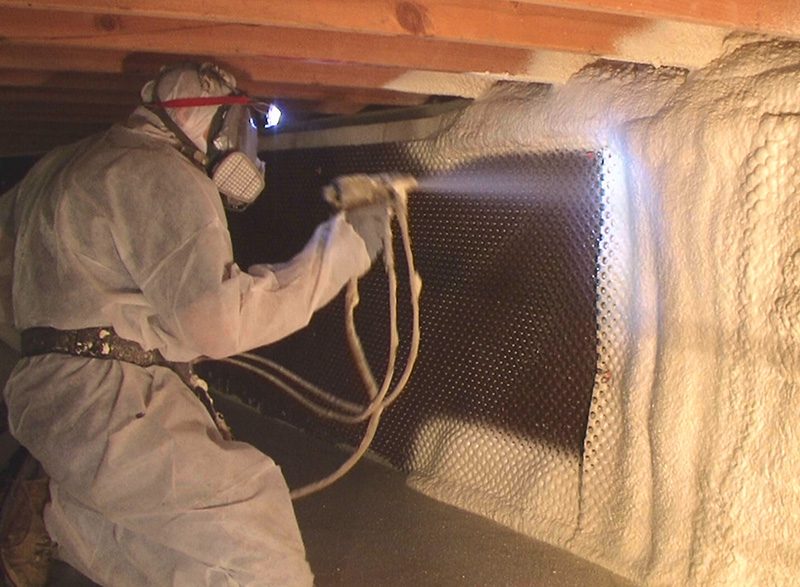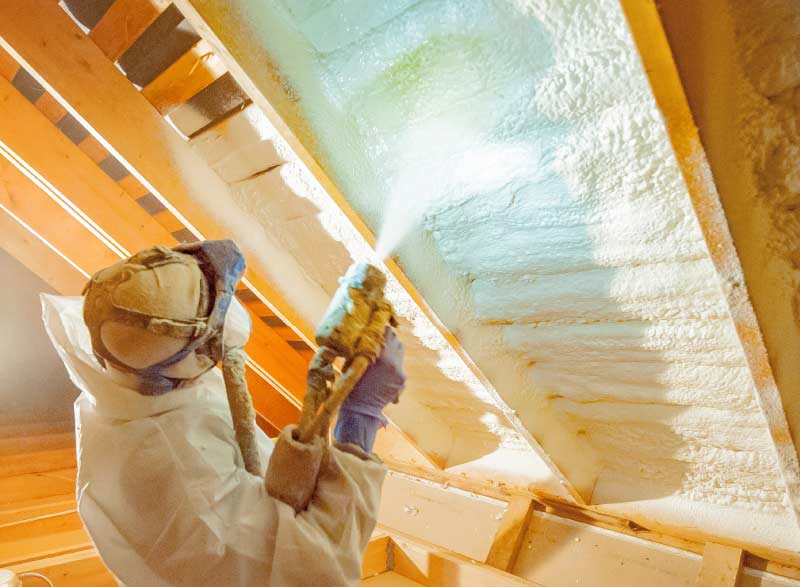
Home insulation is a crucial element in ensuring your home is energy-efficient, comfortable, and cost-effective. For homeowners in San Antonio, Texas, where temperatures can soar in the summer and dip in the winter, proper insulation is especially important. In this article, we’ll answer some of the most frequently asked questions about home insulation in San Antonio, Texas to help you understand why it’s a wise investment.
What Is Home Insulation?
Home insulation refers to materials used in homes to reduce the rate at which heat flows out of the house in winter and into the house in summer. Insulation helps keep your home’s temperature more comfortable and reduces energy costs. Common materials used for insulation include fiberglass, cellulose, and foam.
Why Is Insulation Important in San Antonio, Texas?
Texas is known for its extreme weather conditions. In summer, the heat can be unbearable, and in winter, while not as severe as in some northern states, it can still get quite cold. Insulation helps with the following:
Reducing energy bills: Well-insulated homes require less energy for heating and cooling.
Increasing comfort: Insulation keeps your home more consistent in temperature.
Protecting the environment: Using less energy helps reduce your carbon footprint.
What Are the Different Types of Insulation?
There are several types of insulation, each suitable for different parts of your home:
Batt and roll insulation: This is commonly made from fiberglass or mineral wool and is used in floors, ceilings, and walls.
Blown-in insulation: Made from fiberglass or cellulose, it is blown into place with special equipment and is ideal for attics and wall cavities.
Spray foam insulation: This expands to fill gaps and can be used around windows, doors, and in other hard-to-reach areas.
How Do I Know If My Home Needs More Insulation?
Signs that your home might need more insulation include:
- High energy bills compared to similar homes
- Uneven temperatures in rooms
- Cold floors and walls in winter or overly warm walls in summer
- Ice dams on the roof during the winter (in colder parts of Texas)
An energy audit can also provide a detailed assessment of your insulation needs.
What Is the Best Insulation for Texas Homes?
The best type of insulation for your Texas home depends on several factors including the area of the home you are insulating and your budget. In general, spray foam insulation offers a high level of heat resistance and is excellent for sealing leaks and gaps. However, it is more expensive than other types. Fiberglass batts are less expensive and are easier to install, making them a popular choice for DIY projects. An insulation professional can give guidance to meet your needs and budget.
How Much Does Home Insulation Cost in Texas?
The cost of home insulation can vary widely depending on the type of insulation, the size of the area to be insulated, and whether you hire a professional or do it yourself. On average, the cost can range from $1,500 to $4,000 for a typical home. Investing in good insulation, however, can save you money on energy bills in the long run.
Is There Any Financial Assistance Available for Insulating My Home?
Yes, there may be financial assistance available. Many local utilities in Texas offer rebates or incentives for homeowners who improve their home insulation. Additionally, federal tax credits may be available for certain energy-efficient home improvements.
Conclusion
Insulation is a key component in maintaining the efficiency, comfort, and cost-effectiveness of your Texas home. With various options available, there is a solution that can fit every need and budget. Investing in proper insulation not only makes your home more comfortable but also saves money and helps the environment. Check with local experts and take advantage of any available incentives to make your home the best it can be.
This comprehensive guide aims to arm you with the knowledge you need to make informed decisions about home insulation. Stay cool in the summer and warm in the winter by choosing the right insulation for your home! Contact us for an assessment today!






